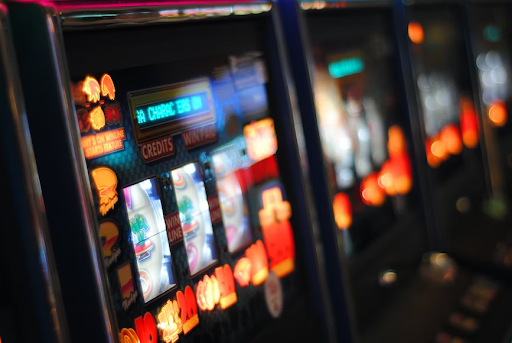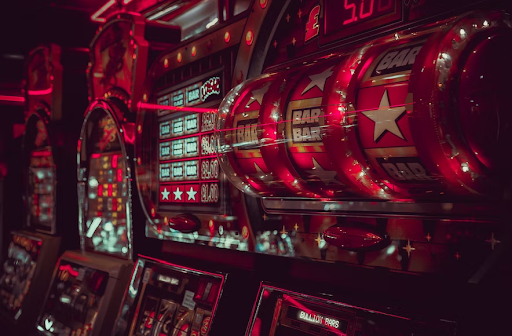The king of the casino is no longer the blackjack dealer or the croupier. It’s the slot machine. The presence of slots in a casino has long been the hallmark of any gambling establishment, but in recent years, things have changed a bit. New technology, combined with changing social and economic conditions, is transforming what it means to play slots in a casino — and how casinos can monetize them.
To understand why slot machines are keeping their crown at captain cooks casino canada, we need to look at where they originated: as a test of player skill in carnival games. That’s right; slots were once games of skill, not chance. This article explains everything you need to know about slots: where they came from, who invented them and why they might be good for your business…

A brief history of skill-based slots
Casinos are a relatively new concept, but slots themselves are not. The first commercial slot machines appeared at the turn of the 20th century, and their history can be split into two distinct eras — the skill-based slot and the purely chance slot machine. The skill-based slot machine was invented in the 1910s when the world was in the grip of a gambling frenzy thanks to the rise of the stock market.
Companies such as Mills Novelty and Williams Electric Manufacturing Company designed machines to be played in arcades and amusement parks — primarily by children. These machines offered prizes, but they also had an entirely new business model. Unlike the games of chance that had come after, skill-based slot machines took a percentage of each bet. As such, they were the first examples of a “coin-operated” machine, a concept that would transform society in the 20th century.
Skill-based games in casinos
Modern slots are, of course, entirely chance-based. But many casinos are now introducing skill-based games into their inventory.
- These games operate on a similar percentage model to the slot machines that came before them, but they are entirely skill-based.
- The aim, though, is the same as with the old slot machines: to give players the feeling that they have some control over the game.
After all, players are more likely to keep betting if they feel like they have some control over the outcome.
Why are skill-based games good for casinos?
The more control players feel over their experience in the casino, the more likely they are to keep betting. This is especially important in the era of esports, where people increasingly play games for money. The skill-based games that casinos are introducing are multiplayer, competitive games that operate in real-time, just like esports titles. This cuts both ways, though. If a game is too close to esports, it may alienate casual casino-goers who tire of the speed and difficulty of competitive play. Casinos are aware that they need to strike a balance, which is why they are introducing both skill-based and chance-based games. The former, they hope, will appeal to the esports crowd; the latter will appeal to those who prefer a slower, more relaxed experience.

Problems with skill-based games currently
As we have seen, skill-based games were once an essential part of the casino ecosystem. They were designed to be fair and offer players control over the game. These games were a crucial part of the casino experience, but they’ve largely disappeared from the scene—with a few exceptions, such as blackjack and poker. Unfortunately, the skill-based slot machines of old were incredibly hard to regulate. This meant that they became the favorites of people who could easily win on them. This led to the rise of purely chance-based machines, meaning the player has no control over the outcome. And while some casinos do offer skill-based games, they are few and far between.
Summary
Casinos are curious places. They are a strange mix of aggression and relaxation, skill and luck—and for many years, this mix has been the same. Then, something new appeared in the casino: the slot machine. But slots are no longer the only game in town. Today, casinos are introducing new kinds of games into their inventory: skill-based games. These games will offer players more control over their experience, allowing them to feel like they have some skill in the game. If casinos want to keep their business alive, they need to avoid pitfalls and offer a variety of skill-based games of different speeds and difficulties.
